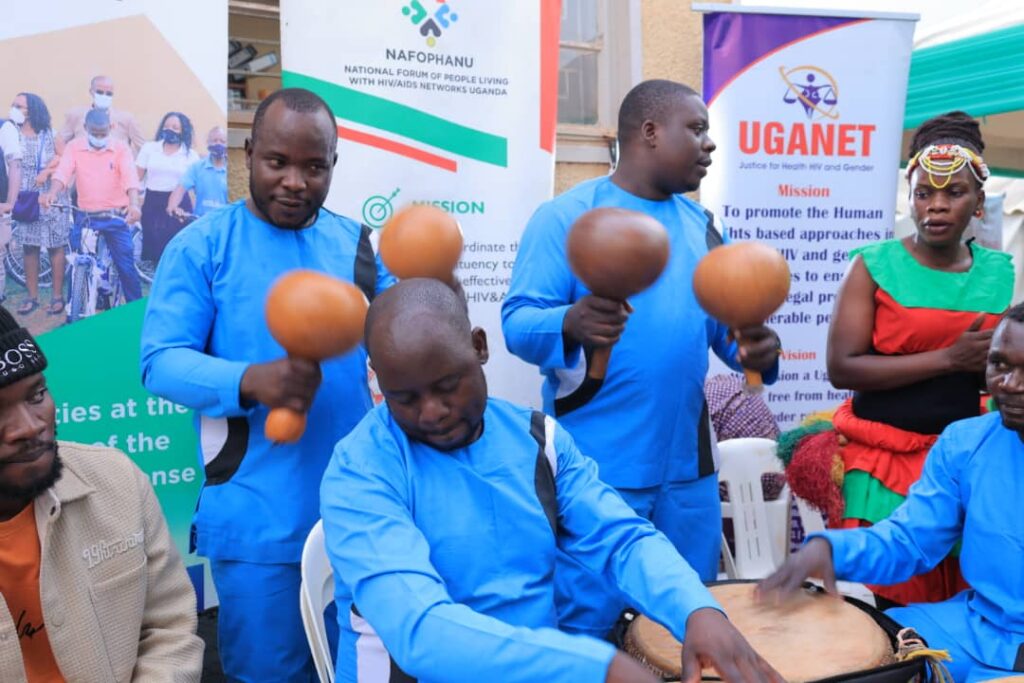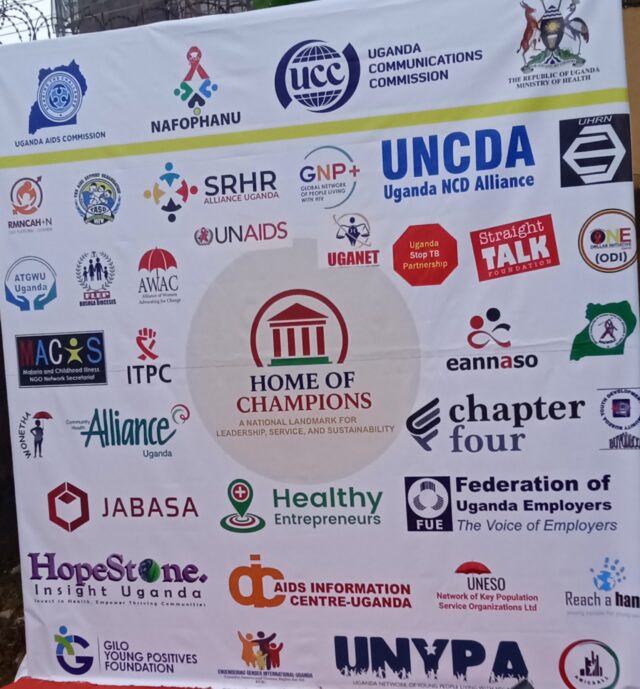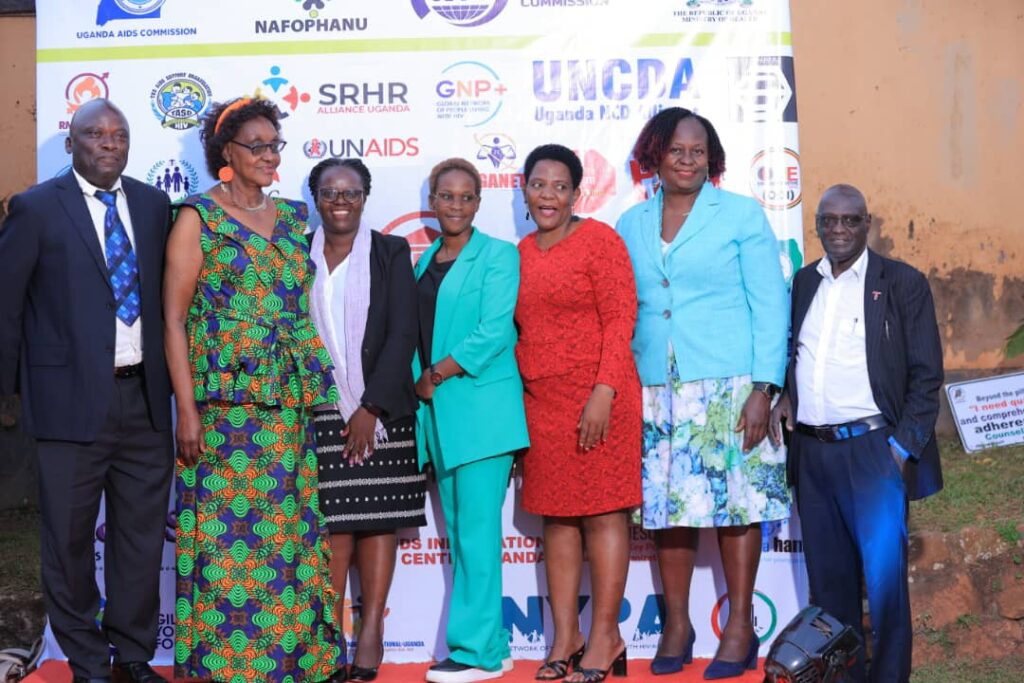
After 20 years at its Mengo home on Balintuma Road, the National Forum of people living with HIV/AIDS Networks in Uganda (NAFOPHANU), the home for people living with HIV/AIDS is set to relocate from these premises starting December this year. However, a new location has not yet been identified.
This comes at a time when the country has 1.5 million people living with HIV, of whom 1.3 million are on antiretroviral treatment (ARVs). The Church of Uganda, which has hosted NAFOPHANU for over 20 years, now intends to reclaim the premises, giving the organization until December to find a new location.
Among the services NAFOPHANU has provided to people living with HIV/AIDS are home visits to educate women on how to prevent mother-to-child transmission, and efforts to combat stigma, enabling families to better support and associate with their HIV-positive members.
In light of this situation, NAFOPHANU is seeking support from well-wishers to contribute towards a budget of 500 million shillings to secure and construct a new home. The new facility is intended to serve as the secretariat, a business center, a wellness center, and a hub for coordination activities.
Board Chair Solome Atim noted that although many NGOs have closed due to executive orders issued during President Trump’s administration, NAFOPHANU will not shut down regardless of whether they receive funding from the U.S. because people living with HIV still exist and their lives depend on continued medication.
Solome revealed that through NAFOPHANU’s coordination, partnerships, and efforts, significant progress has been made in the fight against HIV. The HIV prevalence rate dropped from 7.2% in 2010 to 5.1% in 2023. Mother-to-child transmission cases were reduced from 20,000 to 4,000 during the same period. HIV-related deaths decreased from 53,000 in 2010 to 20,000 in 2023, and new infections fell from 97,000 to 37,000, indicating progress in the work that NAFOPHANU has done so far.
She added that as of October 2024, approximately 55,000 individuals were not virally suppressed, and around 20,000 had been lost to follow-up. These are people whose current status is unknown they may have stopped taking ARVs, transferred to other centers without notification, or simply disappeared from care, expressing deep concern about the well-being and treatment continuity of these individuals.
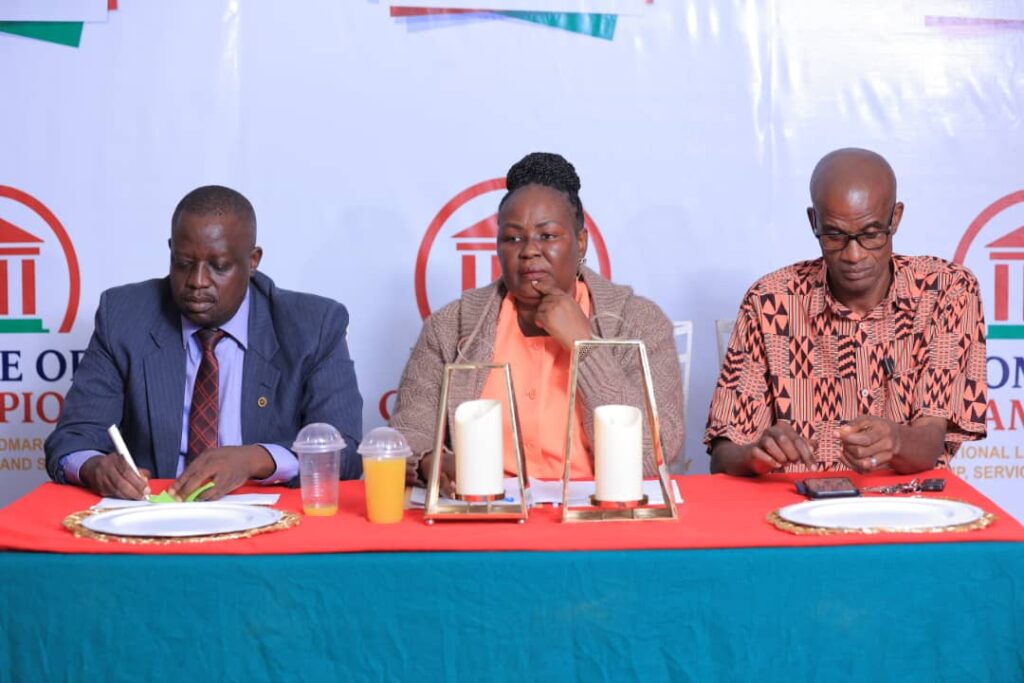
The Executive Director of NAFOPHANU, Flavia Kyomukama, commended the support groups, partner organizations, and national networks for their tremendous efforts in reducing the country’s HIV prevalence from 18% in the 1990s to 5.1% today.
She also noted the significant progress in preventing mother-to-child transmission, with cases now reduced to 4,700. Flavia proudly shared that NAFOPHANU has worked tirelessly to combat stigma, and as a result, people living with HIV are no longer isolated within their families as they often were in the 1990s.
However, Flavia expressed concern that ever since President Trump halted funding, the future remains uncertain.
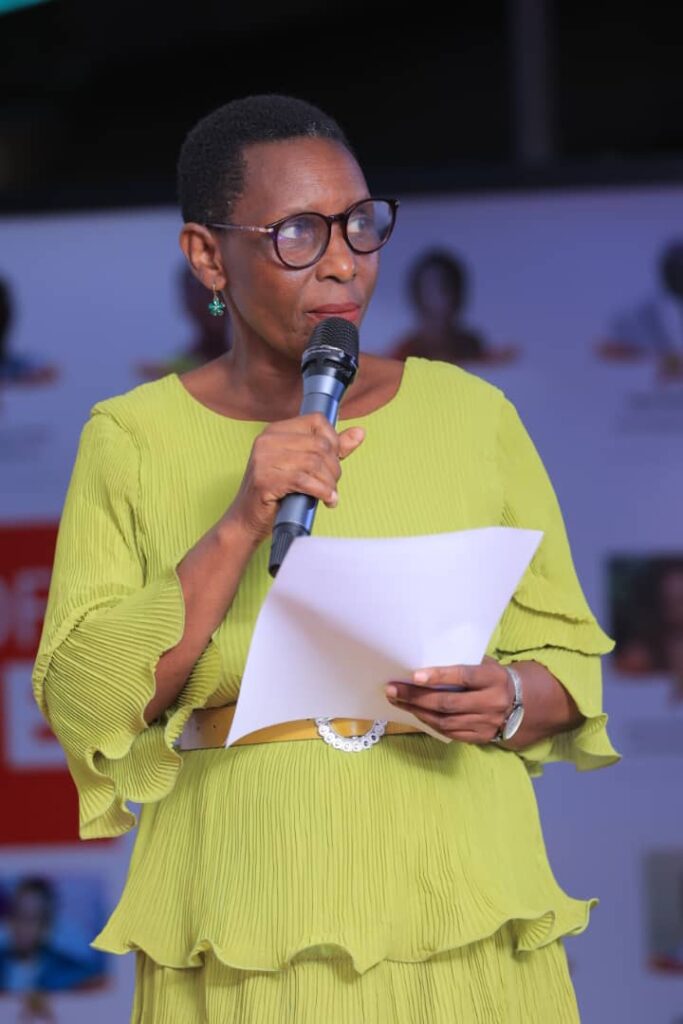
The government and the Ministry of Health have not yet communicated a clear plan regarding the continuation of services offered by NAFOPHANU, despite the significant impact the funding cut has had on their operations. She appealed to well-wishers to join hands and contribute towards the construction of a new home, which will provide much-needed support and shelter for people living with HIV.
Similarly, UNAIDS Strategic Information Advisor Jotham Mubangizi emphasized the need for NAFOPHANU to continue collaborating with other stakeholders, noting that working together will help them achieve their goals.
During the fundraising dinner at the NAFOPHANU offices, Tom Etti, speaking on behalf of the Director General of the Uganda AIDS Commission, expressed hope that collaboration with various stakeholders would help secure the necessary resources to construct NAFOPHANU’s new home, enabling the move by December this year. He also pledged 500,000 shillings towards the construction.
NAFOPHANU appreciates the individuals and organizations that have worked together to bring hope to the lives of people living with HIV/AIDS. These include the Uganda AIDS Commission, UNAIDS, Irish Aid, among others.
Many organizations pledged their support for this work, including UGANET, Centre for Women’s Justice, CEHURD, SALT, and others.
